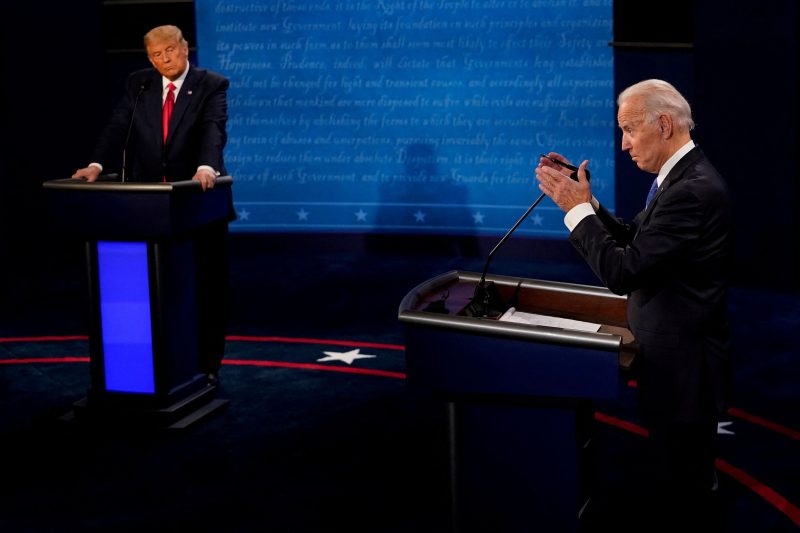In a world where politics often seem divisive and polarizing, one might wonder if debates have the power to change the trajectory of voter sentiment. Debates have long been a cornerstone of political campaigns, offering candidates a platform to present their ideas, challenge their opponents, and engage directly with the electorate. But do these debates actually impact the way voters perceive the candidates and ultimately make their decisions at the ballot box?
The history of political debates is rich and varied, with notable moments that have shaped elections and influenced public opinion. From the famous Kennedy-Nixon debates of 1960 to the more recent clashes between Donald Trump and Hillary Clinton in 2016, these events have the potential to be game-changers in the race for presidency.
One of the key impacts of debates on voter sentiment is the opportunity they provide for candidates to articulate their policy positions and vision for the country. A well-executed debate performance can help a candidate connect with voters, build credibility, and establish themselves as the leader best equipped to address the nation’s challenges. Conversely, a poor performance can have the opposite effect, turning off voters and eroding trust in the candidate.
Moreover, debates can also serve as a reality check for voters, allowing them to see how candidates handle pressure, think on their feet, and respond to tough questions. These moments of spontaneity can reveal a candidate’s true character and provide insights into how they might govern if elected.
The media plays a crucial role in shaping voter sentiment during and after debates. Political pundits, analysts, and commentators offer their interpretations and analysis of the candidates’ performances, influencing public perception and framing the debate in a particular light. Social media further amplifies these voices, allowing for real-time reactions and the spread of debate highlights and soundbites.
It is important to note that voter sentiment is a complex and multifaceted phenomenon influenced by a wide range of factors, including party affiliation, personal values, economic conditions, and candidate likability. While debates can be impactful in shaping voter sentiment, they are just one piece of the puzzle in the overall decision-making process.
In conclusion, debates have the potential to change the trajectory of voter sentiment by offering candidates a platform to connect with voters, showcase their leadership qualities, and present their policy proposals. The media and public discourse surrounding debates further shape voter perception and influence the way individuals view the candidates. While debates are important moments in the electoral process, they are just one component of a larger landscape of factors that inform voter sentiment and decision-making.

